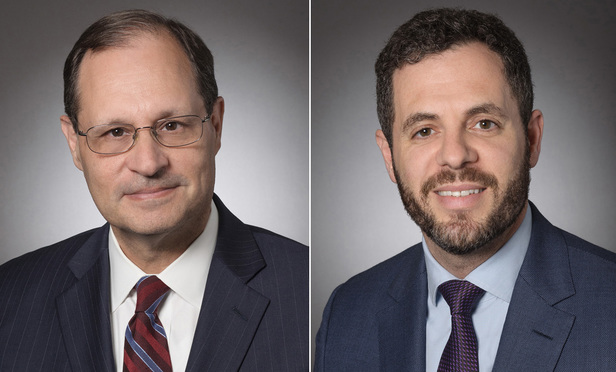In United States v. Suarez, a panel of the U.S. Court of Appeals for the Second Circuit recently held that a Colombian cocaine trafficker lacks “prudential standing” to invoke the doctrine of specialty to challenge a prison sentence he contends violates an agreement concerning his extradition from Colombia to the United States.1 The decision represents the first time the Second Circuit has decided whether an individual extradited to the United States to face criminal charges has a right to invoke the doctrine of specialty in a U.S. court. In so holding, the Second Circuit has chosen sides in a longstanding split in the federal circuits.
The Second Circuit’s decision is problematic in two respects. First, the decision is difficult to reconcile with the Supreme Court’s 1886 decision in United States v. Rauscher,2 which, despite its age, is good law, and grants standing to a criminal defendant to assert a challenge under the doctrine of specialty. The Second Circuit did not even cite Rauscher. Second, the Second Circuit’s application of the prudential standing doctrine to deny a challenge under the doctrine of specialty is unprecedented in the U.S. courts.



